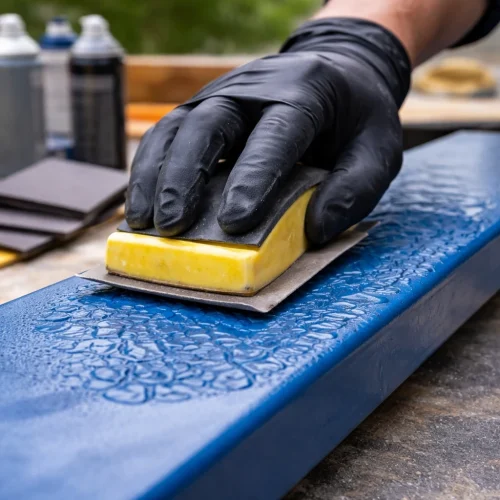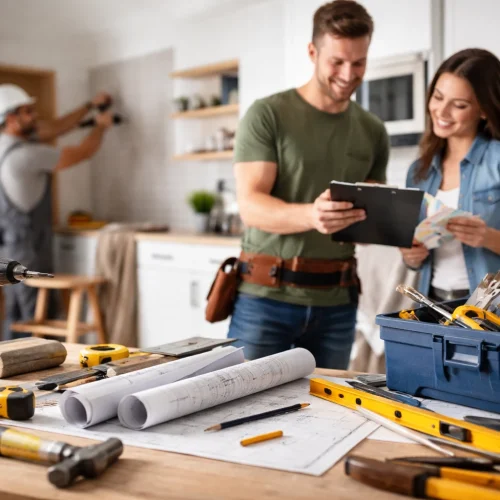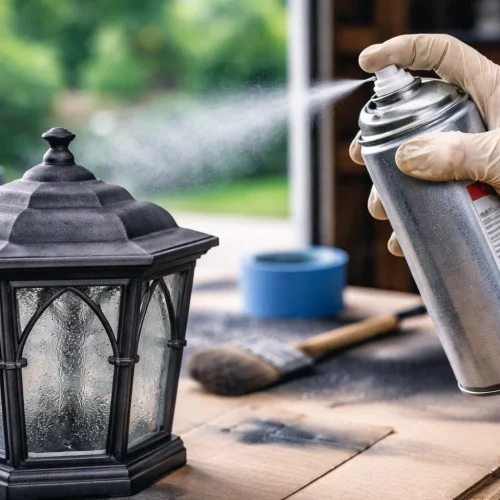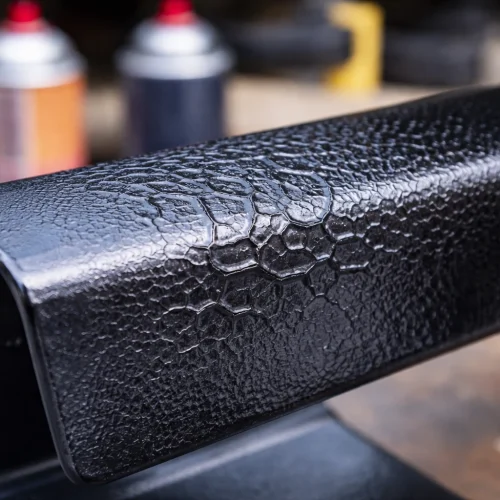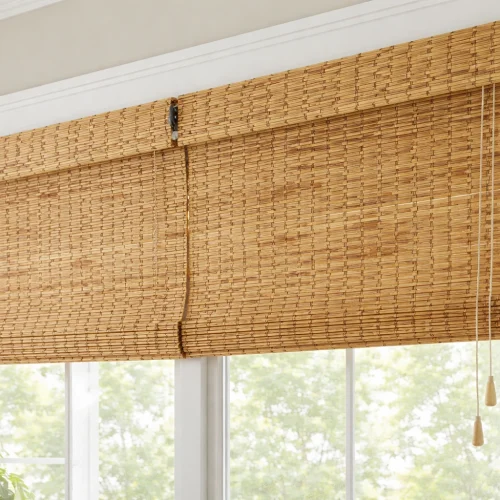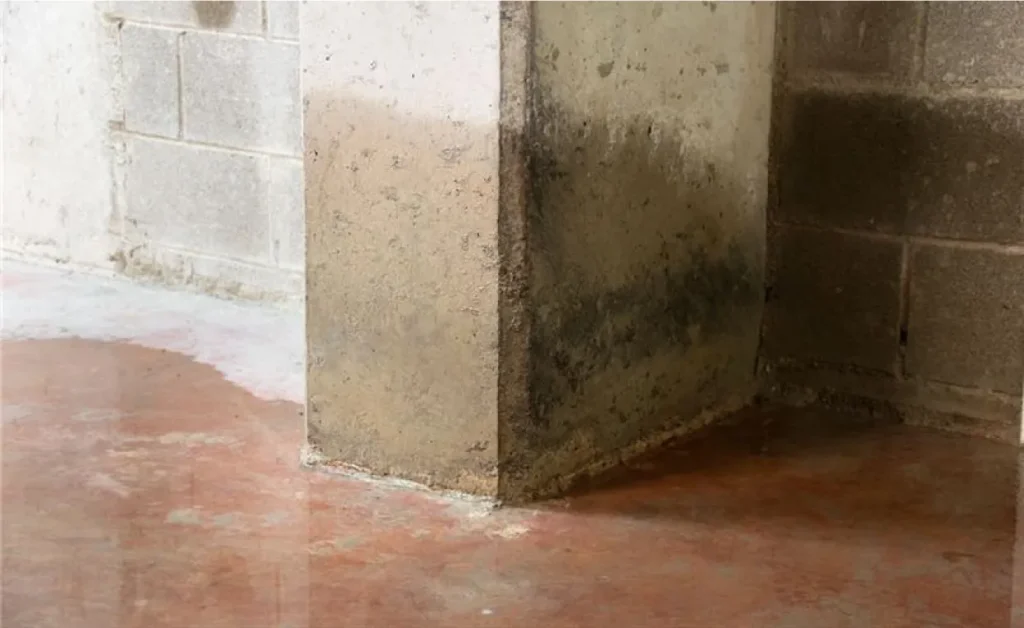
Slab leaks are one of the most serious plumbing issues a homeowner can face. Because the pipes that run beneath your home’s foundation are hidden from view, leaks often go unnoticed until significant damage has already occurred. Knowing the warning signs can help you catch a slab leak early, save money on repairs, and prevent costly structural damage.
In this post, we’ll cover five key warning signs of a slab leak, why they matter, and what to do if you suspect one in your home.
1. Unexplained Increases in Your Water Bill
If your monthly water bill suddenly spikes without a change in your household water use, this could be a red flag. Slab leaks allow water to escape continuously beneath your home, and even a small leak can waste hundreds of gallons of water each month.
Why This Matters
Ignoring this sign can result in wasted money and further deterioration of the affected pipe. If you notice your bill climbing, contact a licensed plumber to investigate before the problem gets worse.
Digging Deeper
Utility companies typically base charges on water meter readings. When a slab leak develops, the meter continues running even though the water is not being used by your household fixtures. A sudden jump in usage, sometimes hundreds or even thousands of gallons, is often the first noticeable sign of trouble.
In some cases, the water company may even flag the increased usage and notify you of a possible leak. But waiting for that alert can be risky—by then, the leak might have already caused structural weakening or water damage.
Real-Life Example
Imagine a family of four who normally pays $75 per month for water. Suddenly, the bill arrives for $180. Without any lifestyle change—no new appliances, no added lawn watering—this should be enough to prompt an investigation. That hidden cost, if ignored, adds up to thousands of dollars annually.
2. Damp Floors or Wet Spots
Do you feel warm or damp spots on your flooring? This is often one of the first physical indicators of a slab leak. As water escapes from the pipe, it can seep upward through your foundation and into your flooring.
Common Symptoms
- Warping or buckling hardwood floors
- Damp carpeting with no apparent source
- Unusual warmth in certain areas of tile or concrete flooring
Left unchecked, excess moisture can lead to mold growth and structural issues.
Expanding the Concern
The presence of damp spots is more than just inconvenient. It can quickly escalate into major household problems. Wood floors begin to swell and lose their finish. Carpets absorb moisture, creating musty odors and serving as a breeding ground for mold spores. Even tile can suffer, as water undermines grout and adhesive, eventually causing tiles to loosen or crack.
Why Warm Spots Happen
If the leak is from a hot water line, the escaping water radiates upward, making certain areas of the floor noticeably warm. Many homeowners first discover slab leaks when they walk barefoot across their tile floor and feel unexpected heat.
Long-Term Risks
Moisture intrusion from slab leaks not only damages interior finishes but can also compromise the foundation itself. Concrete absorbs water over time, leading to erosion and weakening. Mold remediation and structural repair costs can soar if the problem is not quickly identified.
3. Reduced Water Pressure
Slab leaks can decrease the amount of water available to your plumbing fixtures, which causes a noticeable drop in water pressure. If you find that your faucets, showers, or appliances are not performing as usual, a hidden leak may be diverting water away from your pipes.
Why You Shouldn’t Ignore It
Low water pressure is not just an inconvenience—it can also strain your plumbing system and signal that water is actively escaping beneath your home.
Going Further
Water pressure in a home typically measures between 40–60 PSI (pounds per square inch). When a slab leak occurs, pressure drops because part of the water flow is being lost underground. You might notice showers taking longer, faucets trickling instead of flowing, or washing machines taking extra time to fill.
It’s important not to mistake this symptom for municipal supply issues. If only your home is experiencing reduced pressure, and neighbors aren’t, it’s likely a leak-related problem.
Added Consequences
Constantly running appliances on reduced pressure can shorten their lifespan. Dishwashers and washing machines may operate less efficiently, consuming more energy and water overall.
4. The Sound of Running Water When Nothing Is On
Hearing the sound of running or hissing water when all your fixtures are turned off is a strong indicator of a hidden leak. These sounds may be faint but persistent, especially at night when your home is quiet.
What To Do
Don’t dismiss these noises as house settling or normal plumbing sounds. Shut off all water-using appliances, check your water meter, and call a professional plumber immediately if the meter still shows usage.
Why This Happens
A slab leak allows water to continuously escape, and the pressurized flow creates audible hissing or running sounds. In severe cases, you might hear gurgling beneath the floor. These noises are often amplified by the hollow space between your foundation and flooring, making them more noticeable when the rest of the house is silent.
How to Test It Yourself
- Turn off all taps and appliances.
- Check if the water meter is still spinning.
- If it is, you almost certainly have a leak.
Even if you don’t hear sounds, this test is a reliable way to confirm whether water is being lost.
5. Cracks in Walls or Flooring
As water seeps into your foundation, it can cause the soil beneath your home to shift. Over time, this movement leads to visible cracks in your walls, baseboards, and flooring.
Why It’s Serious
Structural damage is one of the most expensive consequences of a slab leak. Catching the problem early is crucial to avoid foundation instability and major repair costs.
A Closer Look
When soil expands with moisture and then contracts as it dries, pressure builds against the slab. This uneven stress eventually manifests as cracks. You might notice hairline fractures at first, but if the problem persists, the cracks widen and multiply. Doors may stop closing properly, windows may stick, and flooring might slope or dip.
Repair Costs
Foundation repair after a slab leak can cost tens of thousands of dollars. Even cosmetic repairs, such as patching drywall cracks or replacing warped flooring, add up quickly. Identifying the issue before it reaches this stage can save enormous amounts of money and stress.
What To Do If You Suspect a Slab Leak
If you notice one or more of these warning signs, don’t wait. Slab leaks require immediate attention from a professional plumber who has the tools and expertise to locate and repair the problem. Modern solutions like electronic leak detection and trenchless pipe repair can often fix the issue with minimal disruption to your home.
Steps You Can Take
- Document everything: Note when you first observed symptoms, such as damp spots or water bill spikes.
- Shut off water: If you suspect a severe leak, turn off the main water supply to minimize damage.
- Call a professional: Specialized equipment such as acoustic sensors, pressure tests, and infrared imaging are often necessary to pinpoint leaks without tearing up flooring.
Protect Your Home With Professional Help
Slab leaks are not DIY repairs—they demand expert diagnosis and repair to prevent costly structural and water damage. Whether you’re noticing damp spots, hearing strange water sounds, or facing higher bills, it’s always best to call professionals who offer a full range of NJ plumbing and heating services. Their expertise ensures the problem is handled quickly and correctly, protecting your home and giving you peace of mind.
Why Professional Help Matters
- Experience: Plumbers familiar with slab leaks understand subtle warning signs.
- Equipment: Advanced leak detection minimizes unnecessary demolition.
- Long-Term Fixes: Professionals provide permanent repairs, not temporary patches.
Final Thoughts
A slab leak can be devastating if ignored, but knowing the warning signs empowers you to act quickly. If you suspect a slab leak in your home, contact a trusted plumbing professional right away. Prompt repairs will protect your property, your wallet, and your peace of mind.



